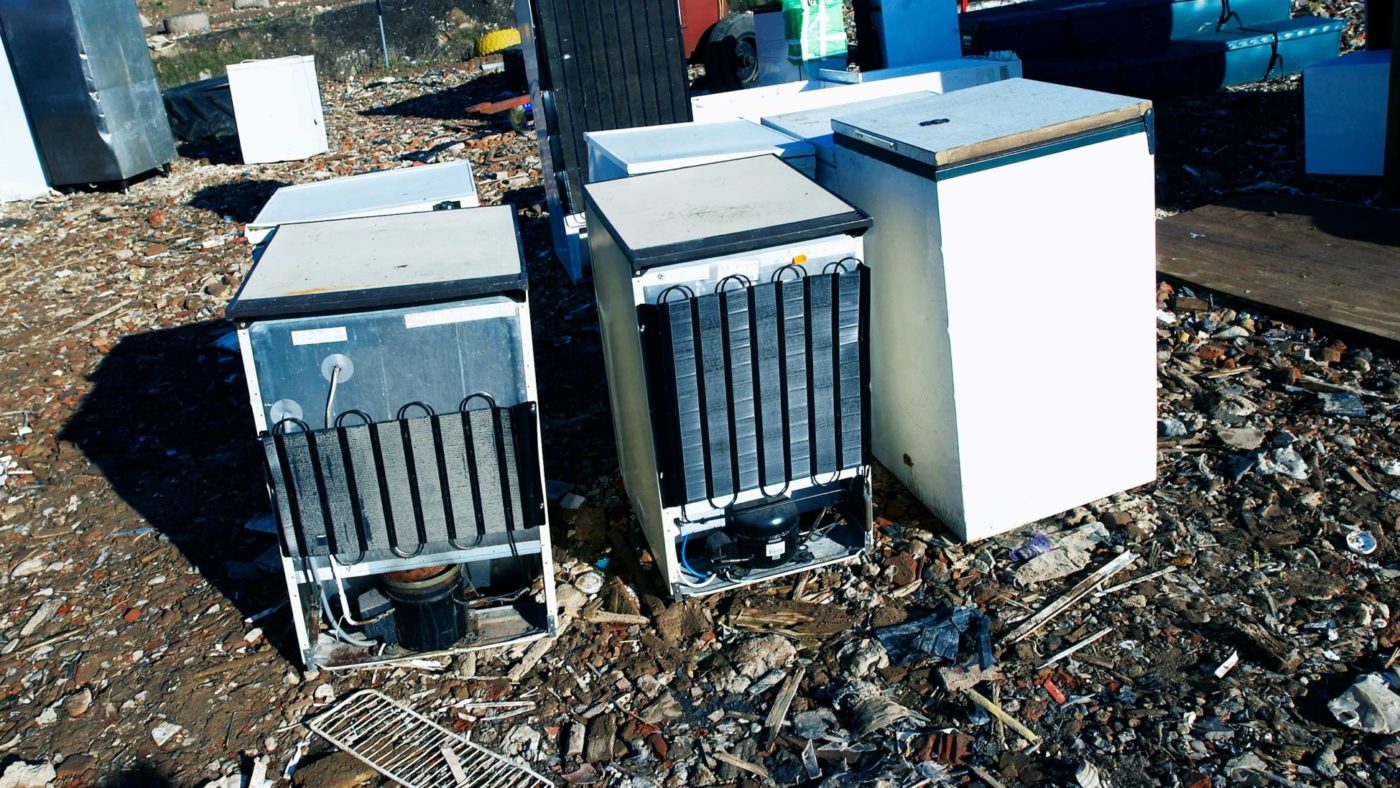News of a new inquiry into waste and scrap recycling has not filled me with joy. For one thing, the MP in charge of the investigation, Labour’s Mary Creagh, seems to believe that cadmium is used in car batteries, which it is not. It’s used in Ni-Cd batteries, which are common in electronics, but not motor vehicles.
It does, of course, get worse.
Ms Creagh also chides the public for changing their phones and computers too often, leading to “e-waste”. It’s as if people have never heard of Moore’s Law, which states that a chip doubles in potential computing power every 18 months. That means three years down the line we can get four times the benefit from the new chip as the old.
In recent years advances of technology have helped manage power usage for various devices, meaning much less electricity is used for any particular amount of computing power – another example of how resources are saved by advances in human know-how.
Then there’s the idea that the precious metals inside our electronics is going to waste. This is indeed a useful area to investigate but I’ll guarantee that no one will raise the actual solution, which is to reduce the regulation of how one may recycle electronic waste.
The technology to extract all the useful parts, metals, already exist. Plenty of people know how to do this, it’s just that they are not allowed to because of red tape.
Another of Ms Creagh’s recycling proposals tells us of the real and underlying problem though.
She suggests a new tax which amounts to about 7p per week per family would bring down the amount of plastic recycled.
But the fact it will cost 7p per week – £9 million a year – is precisely why we shouldn’t do it. Because it quite obviously requires the use of £9 million a year more in resources to do it.
This is the point that’s so often missed in these debates – that prices in a market economy give us information. The cost of doing something is the cost of the resources to do it. Higher costs thereby mean more resources being used.
It costs, as the plastics people tell us, more money to recycle plastic than to make it anew and dump the old in a hole in the ground, or burn it instead. And there’s no particular issue of irreplaceable natural resources being used, given that modern plastics are almost all made from natural gas, which there’s actually plenty of in the UK – though much remains sadly unfracked.
The same, writ large, applies to products that we make, use and dispose of. Instead of making them originally to be repairable and thus last 30 years and more. It’s more expensive to do that solid workmanlike stuff, which is why most people don’t bother. There’s also an entire industry – the scrap metal one – that deals with the washing machines and other white goods that last only one decade, instead of three.
The real mistake being made here is a failure to understand Chesterton’s Fence, which states that if we find some division out in a field we cannot just say that its time has gone, let us do away with it. Only once we understand why it was first created can we decide whether that original reason still stands.
The same goes for cheaper domestic appliances, the cycle of computer replacement and the use of virgin instead of recycled plastics.
Each of these things is popular because it’s cheaper than the alternative. Cheaper, in a market economy, means using fewer resources. It sounds counter-intuitive, but the throwaway consumerist society has actually reduced resource use.
To now argue that expensive recycling methods are the way to reduce resources use is not just wrong or a failure to leap Chesterton’s Fence, it’s insane.
Then again, Parliament’s inquiry into this issue is being led by someone entirely without the necessary technical knowledge.
So, what can we expect as the answer? A technically informed report or just the recapitulation of the currently fashionable memes afflicting society?
CapX depends on the generosity of its readers. If you value what we do, please consider making a donation.


